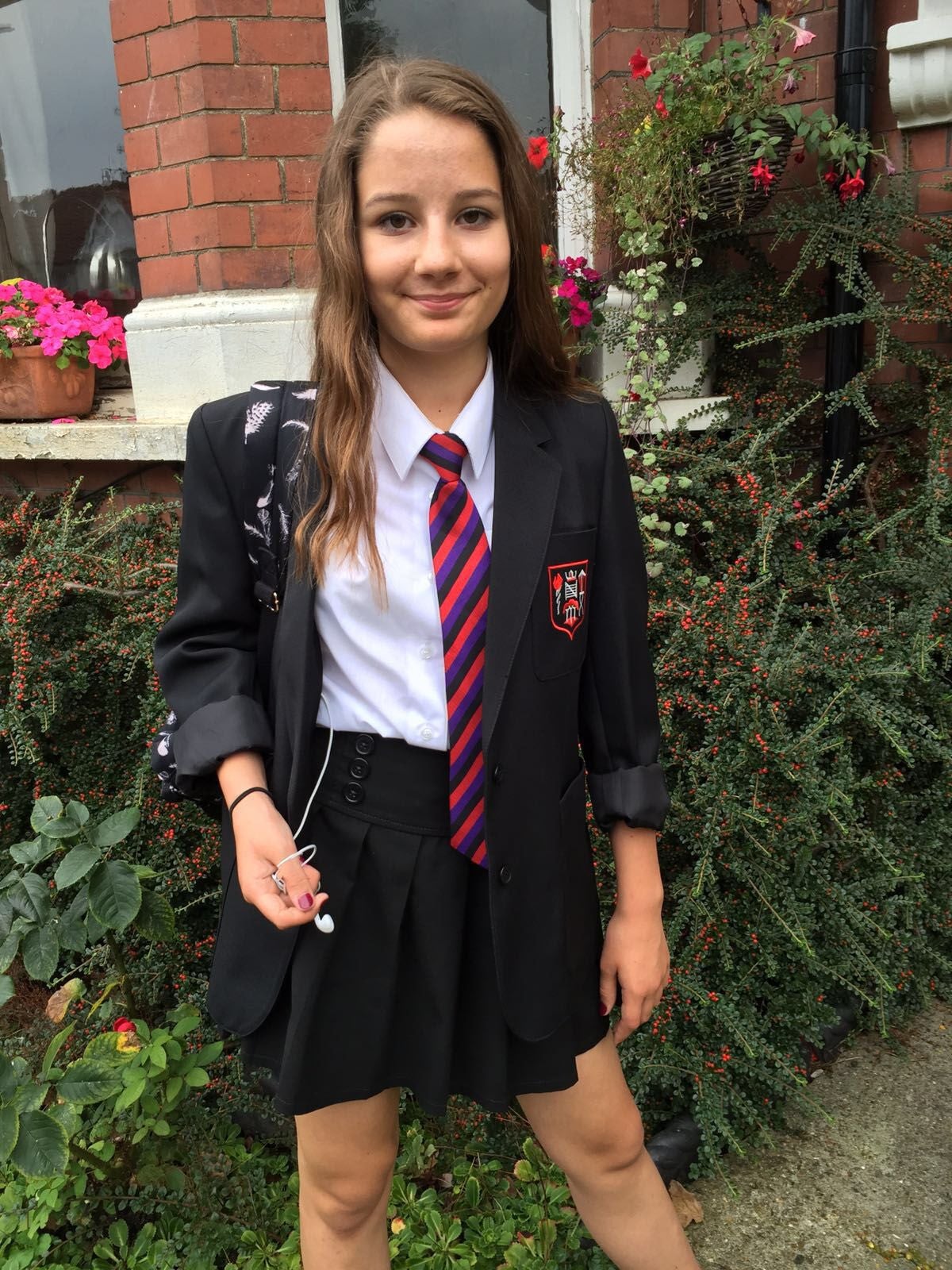New social media data dump means wait goes on for Molly Russell’s family
The 14-year-old viewed material linked to anxiety, depression, self-harm and suicide before ending her life in November 2017.

The inquest into the death of schoolgirl Molly Russell has been postponed until the end of summer – extending her family’s wait for answers to nearly five years – after thousands of pages of new evidence about her internet history were submitted.
The 14-year-old, from Harrow in north-west London, viewed an extensive volume of material, including some linked to anxiety, depression, self-harm and suicide, before ending her life in November 2017.
Her inquest will look at how algorithms used by social media giants to keep people hooked may have contributed to her death.
At the latest pre-inquest review in Barnet on Wednesday, Oliver Sanders QC, representing Molly’s family, said they needed more time to reflect on the new material provided by Meta, the parent company of Instagram and Facebook.
The inquest had been due to begin early next month.
Mr Sanders said: “In my view, frustratingly and regrettably we are not in a position where the hearing in 12 working days’ time is going to be viable.”
He added: “I want to place on record the immense frustration and disappointment of the family that we are conducting this process now rather than two years ago.”
Caoilfhionn Gallagher QC, for Meta, said the material, if printed out, would amount to more than 36,000 pages and fill 50 lever-arch files.
She dismissed Mr Sanders’ remarks, describing the task of trawling through the material as “laborious”.
She said: “Meta has sought to engage throughout this process.”
She said there were data protection issues to navigate before handing over information, particularly involving social media accounts belonging to children with whom Molly may have engaged before she died.
She added: “It is quite wrong to suggest Meta failed to provide the data.”
Elizabeth Lagone, head of health and well-being policy at Meta, will likely be called to give evidence via video link from the US, the hearing was told.
The court was last year told how, on Twitter, Molly tweeted or retweeted 460 times, liked 4,100 tweets, was following 116 accounts and had 42 followers.
She was a much more active user of Pinterest, with more than 15,000 engagements, including 3,000 saves, in the last six months of her life.
Molly did not have a Facebook profile.
But in the last six months of her life, she was engaging with Instagram posts around 130 times a day on average.
This included 3,500 shares during that time frame, as well as 11,000 likes and 5,000 saves.
The inquest is due to open in either August or September and last for up to two weeks.